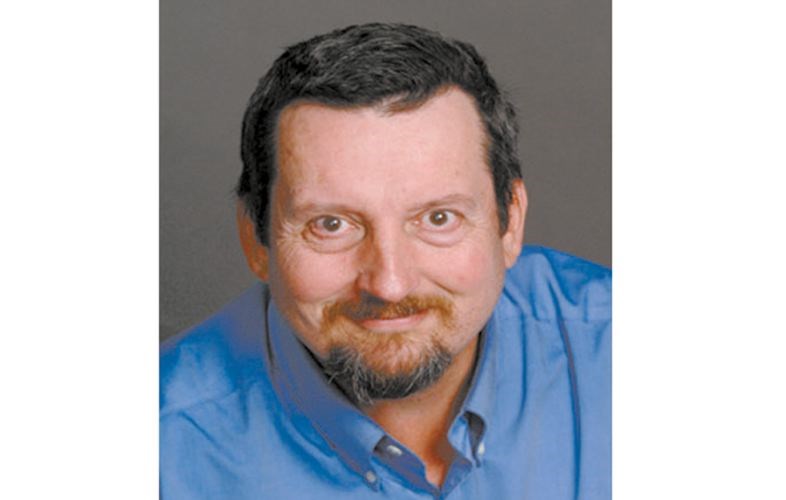The world has changed a lot over the last five decades.
I picked five decades as a length of time because it is how long I have been alive but it also takes us from the 1960s to now.
It is a length of time that has seen the world's population double. It has seen the end of the Vietnam War and the rise of many others, including multiple wars in Afghanistan. It is a time period in which we have gone through a number of financial collapses and we never seem to learn.
It is a time in which science has illustrated the interdependency of all of the systems on Earth. No longer can we think that cutting trees in northern B.C. doesn't have an effect on farmers in Peru or that dust storms in the Sahara are localized events.
Scientific instrumentation has advanced at a furious pace and with it our understanding of the world.
We even now know we are not the only Earth-like planet in our galaxy and that there are billions upon billions of galaxies.
But when history looks back at this era I suspect that it will be the rise of electronic communication and the computer that will be seen as the most significant event. We now are entering a digital age. Indeed, for some people, pretty much their whole life is now spent digitally.
They only surface for food, sleep, and the occasional shower.
In many ways, the Internet is a nascent state. It is Rome before Caesar or Wild West of the United States. Anything goes as long as you can get away with it.
Indeed, in a recent publication by Gabriella Coleman, she summed up Internet governance as being accomplished en passant.
"It has emerged largely from the actions of computer scientists and engineers, in interaction with domestic legal and regulatory systems."
She goes on to point out that there has been an explicit rule-making agenda but this "strategic agenda is increasingly driven by a coalition of states - including Russia, China, and the Arab states - that is organized and has a clear, more state-controlled and monetary vision for the Internet."
It is the notion that the Internet is a mechanism for control and for making money that is at odds with the perception of the Internet as a social structure capable of allowing citizenship to anyone willing to venture inside its borders simply by accessing a computer.
For many users, they want the Internet to remain as a lawless domain where anything goes.
And for others, the Internet is the very place where the people can speak to power anonymously.
Enter the group Anonymous. Or the thing Anonymous. Or the collective known as Anonymous. No one is really sure what exactly Anonymous is.
It certainly doesn't have meetings, a corporate headquarters, a command structure, or a fiscal presence. It is perhaps mostly a gathering of like-minded individuals to address singular topics.
As Editor Neil Godbout pointed out in his editorial on Saturday, Anonymous seems to be capable of doing both good and bad things - or nothing but good things - or nothing but bad things - depending upon where you sit.
The incident in Dawson Creek was deplorable and when Anonymous claimed that the man involved was one of their own, the RCMP web sites were brought down. Is this a good thing or bad thing? It would all depend upon your perspective.
I suspect that there are many people who think the RCMP and other police forces are out of control and need a public shaming. Certainly south of the border, cell phones and dashboard cameras are capturing many stories of excessive force and police abuse.
But we also need to remember the officers trying to do their jobs in Alberta and the Maritimes that were gunned down for no apparent reason.
On the other hand, as Godbout pointed out, Anonymous has taken on twitter tags connected to ISIS. In this case, they are trying to mess with an organization most people would label as "terrorists". We applaud their efforts and enjoy the confusion that reigns.
Yet there are people who would view their actions in this case as a "bad thing". ISIS does have its supporters but then so do many other groups that should likely be held with equal contempt.
They see these efforts as a threat to their existence.
The rise of the Internet over the past two decades has changed much of what we do.
We are connected electronically. We have physical infrastructure.
We have all been mashed together and wired up in such a way by engineers and computer scientists.
But we are just learning the social protocols of this new tool. For good or for ill, Anonymous is forcing a conversation about what constitutes good behaviour in a digital age.



